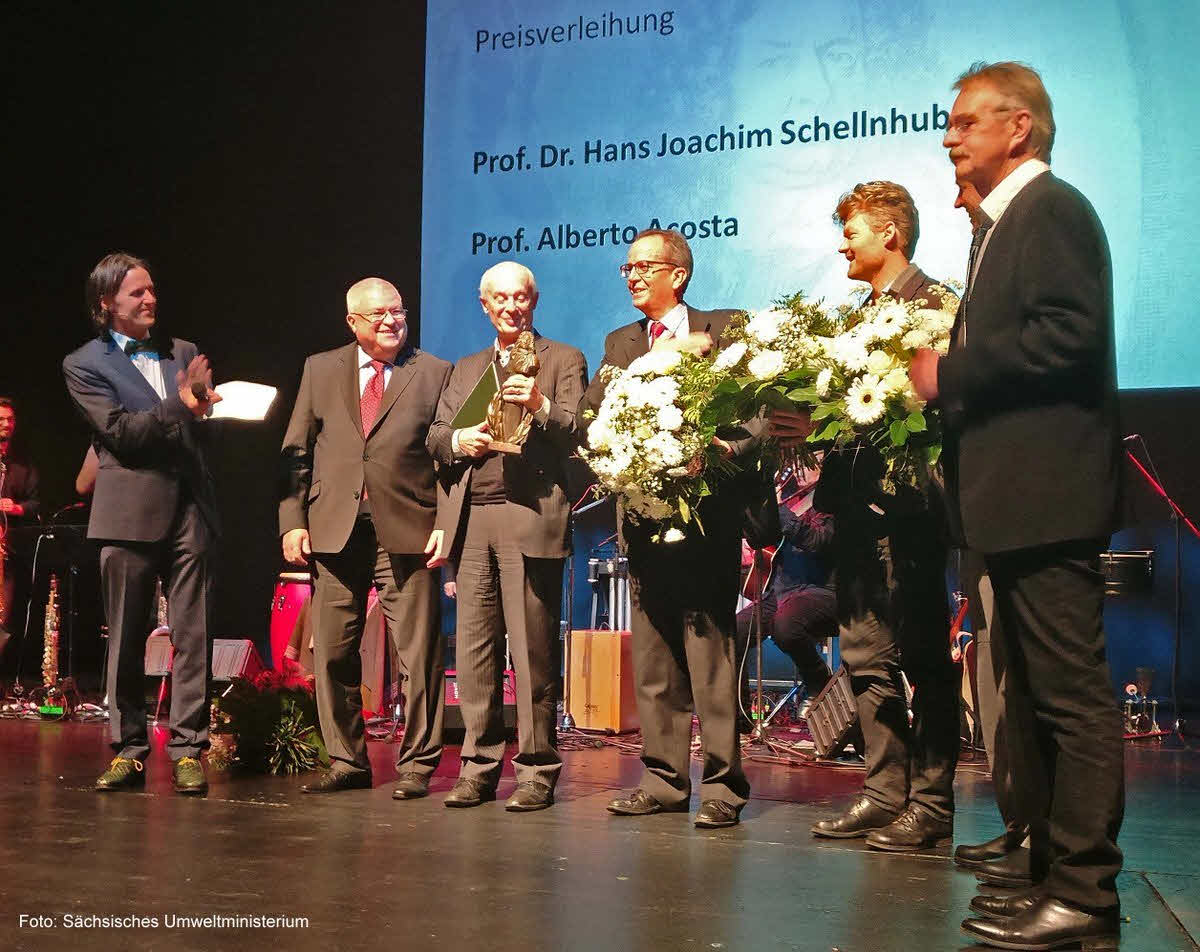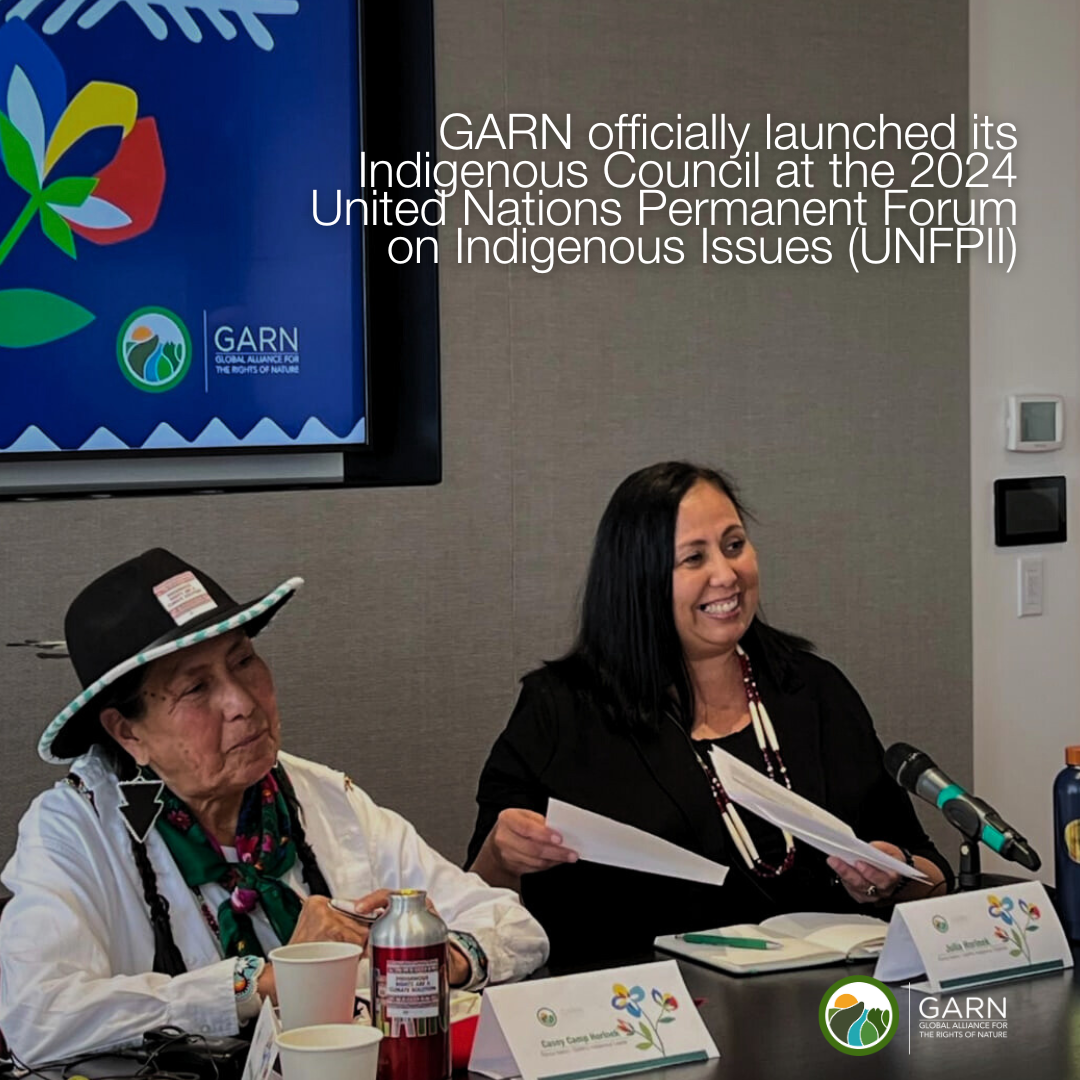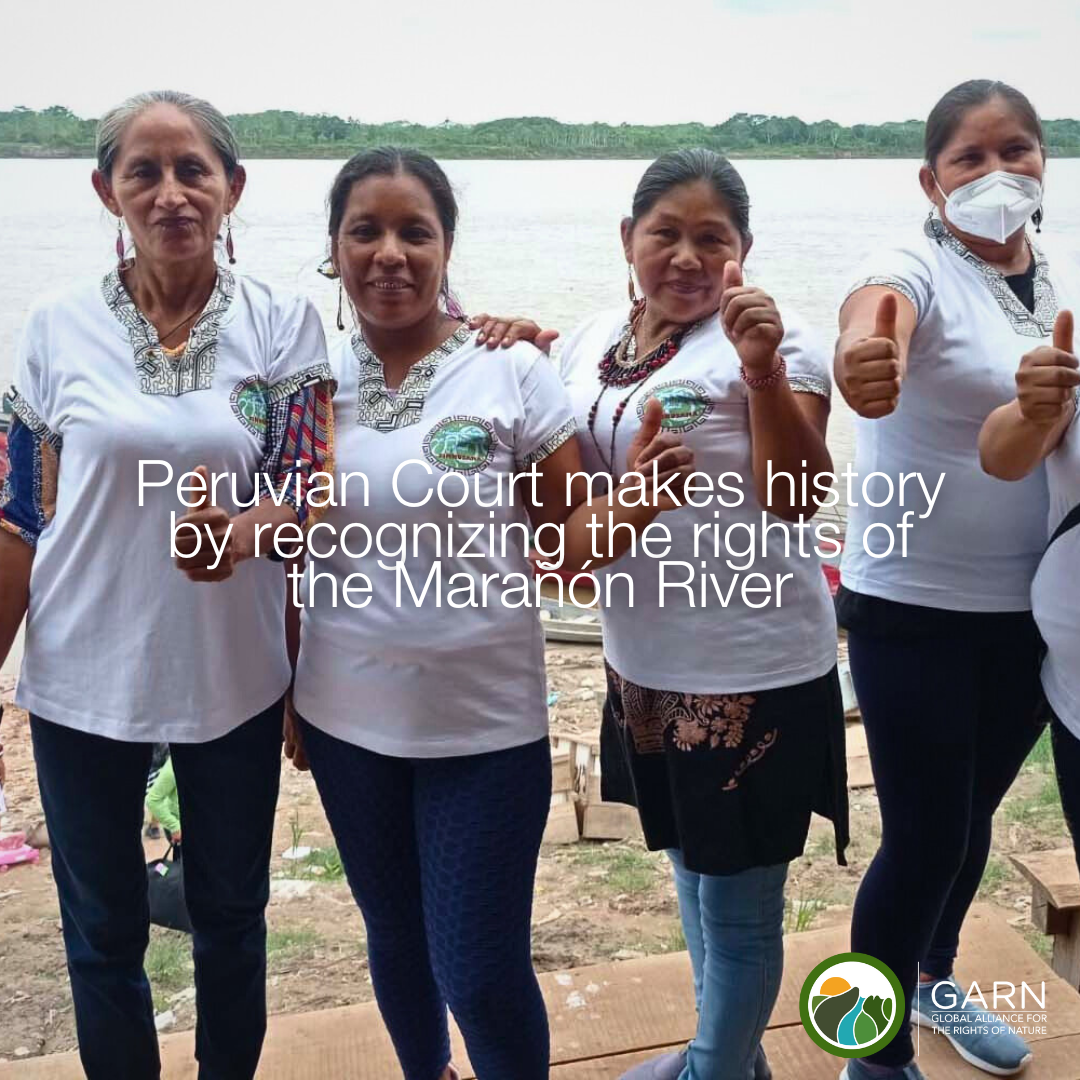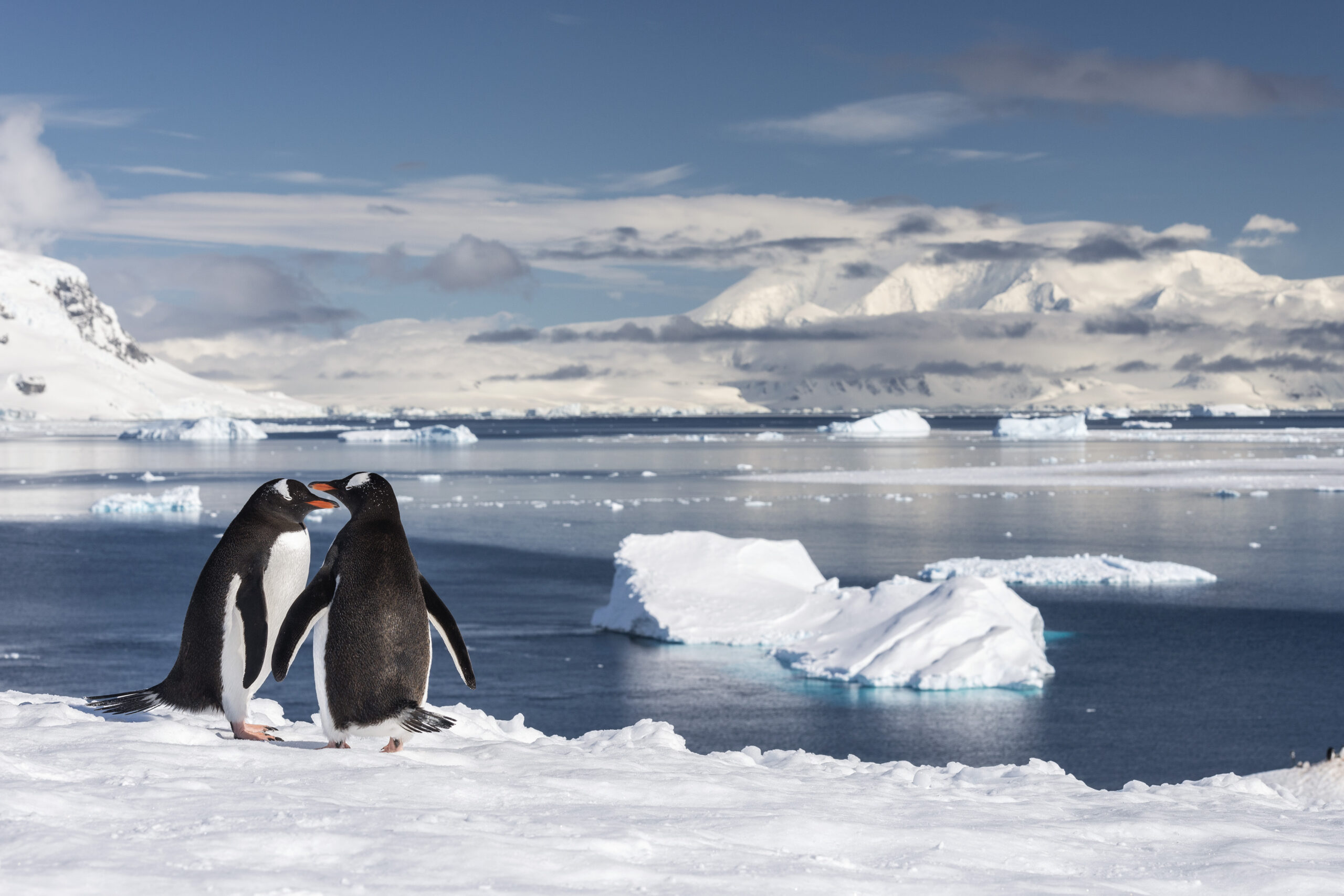Read original El Comercio article in Spanish: http://www.elcomercio.com/-premio-albertoacosta-opinion

NOTE: The Prize was also received by one of the greatest climate change experts, Professor Joachim Schllenhuber, director of the Climate Research Institute in Potsdam
Alberto Acosta, former Minister, President of the Constituent Assembly and outstanding social and political theorist, received the Hans Carl von Carlowitz International Prize in Germany, in recognition of his intellectual merits and his position in favor of the rights of nature, disadvantaged social classes and indigenous peoples.
In the 1980s after finishing the University of Colon, Alberto Acosta made vast tours of our country [Germany], visiting academic centers, labor centers, municipalities, where he discussed important aspects of reality. Sometimes before shrunken audiences, others with a large audience, he explained about the urgency of turning the social, economic and political situation of Ecuador, the historical injustice of the external debt and its claim for the low participation of the people in the decisions of the State.
Shortly after, through publications and meetings, the ILDIS (Latin American Institute of Social Research) proposed to support the social groups most affected by capital, to defend the claims of the indigenous and afro-descendant communities, affected by the policies of the governments shift. Another of its themes, crucial and constant, refers to the accelerated destruction of nature.
His experience, accumulated through years dedicated to study, research and social battles, inspired important changes and innovations in the 2008 Constitution of Ecuador, aimed at transforming the character of the State, to democratize institutions and laws to make them more flexible and close to the real world. The norms and regulations should embody the desires and popular needs, the true validity of both human rights and those of the environment.
It is undeniable that there is an ideological advance in the political theory of Ecuador. Recognizing it is not only due to outside influences, but to two Quechua-Aymara concepts that have been increasing their meaning. Now, in the political debate, Pacha Mama (Mother Nature) and Suma Kausay (Living Well) are competent. These notions, rescued from an ancestral wisdom ignored for centuries, return to offer “broad ideas that include the relationship with others and with the land and democratic decision-making and community reciprocity,” as Simon Ayampara, leader Aymara.
Acosta has discovered something that remained hidden and that hoped to be understood and projected. Now he travels across Europe, and speaking on issues such as sustainability, extractivism, plurinationality, the capitalist labyrinth, post-capitalism, decolonization, invokes indigenous concepts to accentuate his own vision. The prize that is going to be delivered is very different from the “honoris causa” that is achieved through diplomatic efforts.



